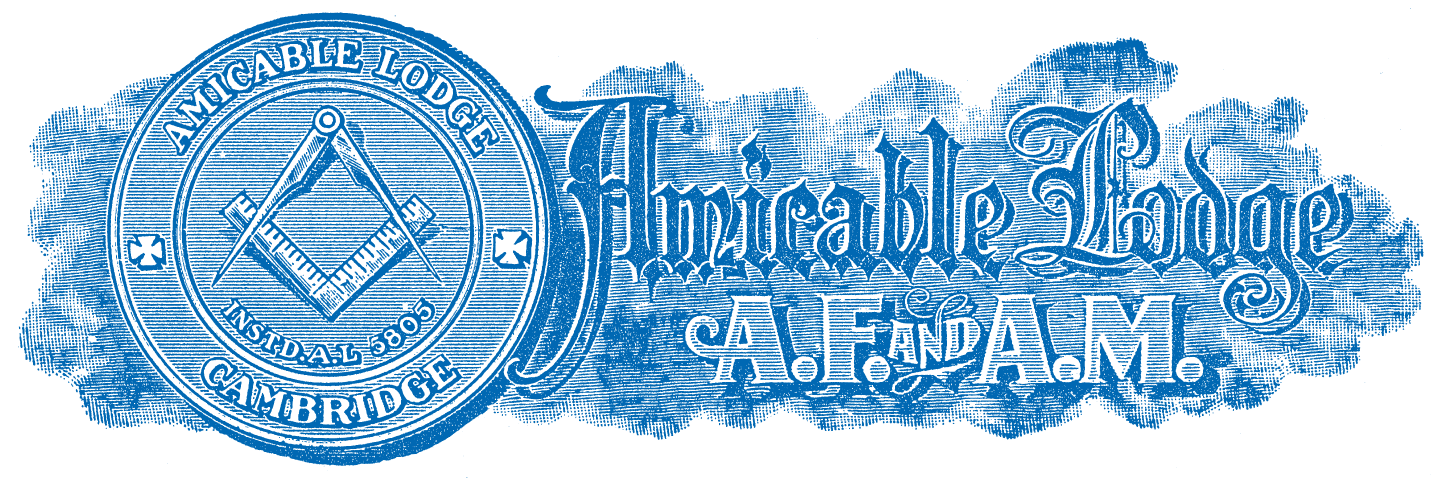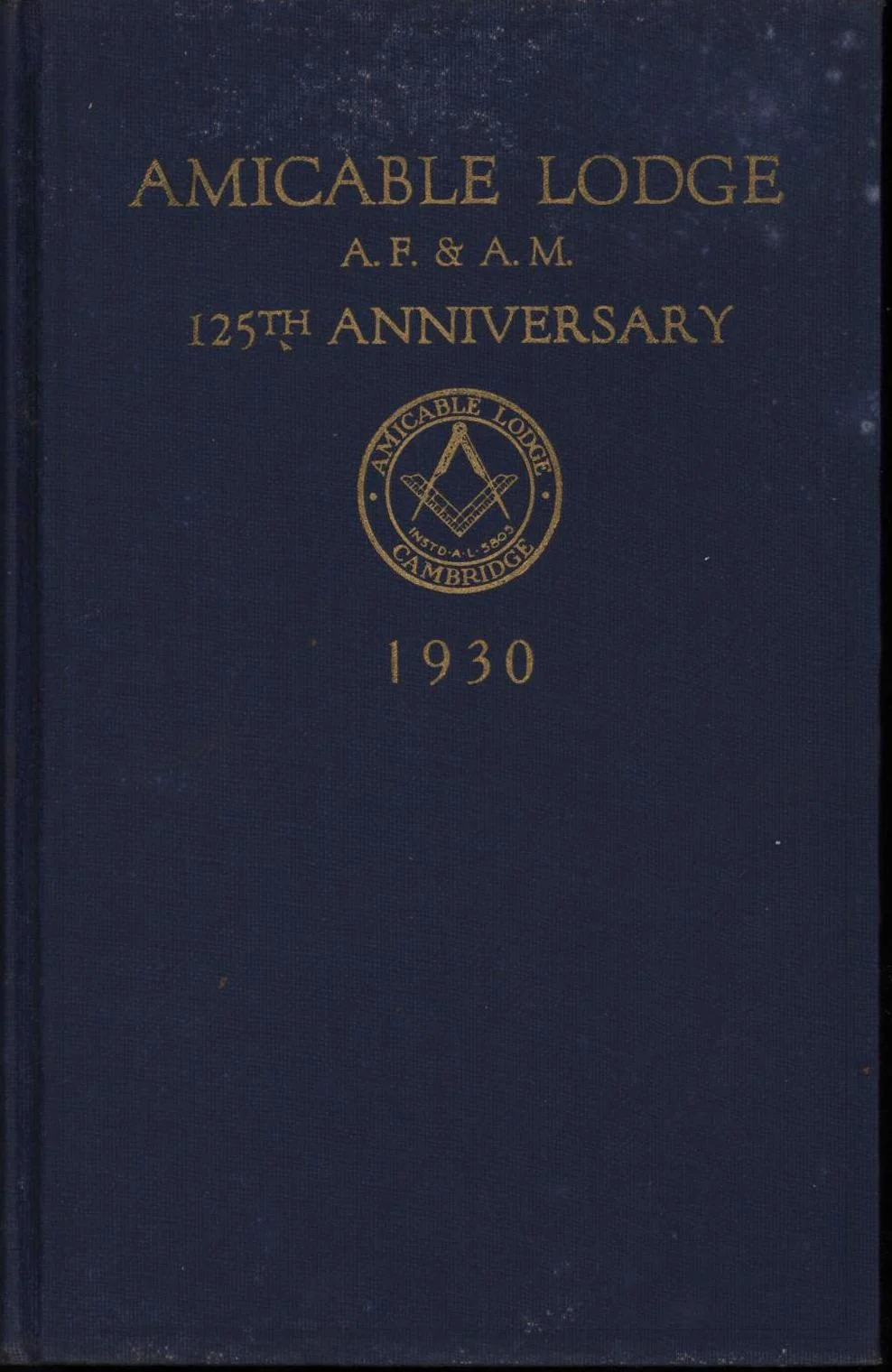Wor. Bro. David L. Riley is the 135th Past Master and former Secretary of Amicable Lodge. He can be reached at driley@gmail.com.
When we see a man that is wearing a white uniform and tall, pleated hat, we are inclined to assume he is a chef. He may or not be able, however, based on that evidence alone, to cook. Likewise, it’s easy to forget that a lodge is not a building or a room, but a group of men who have united to practice the Mysteries of Freemasonry. A room may have all the trappings of Freemasonry but, without the brethren, it is just a room.
I have lost count of the number of times that members of the public or applicants for the degrees have asked me some version of, “But what does a lodge do?” or “What is Freemasonry?” These apparently simple questions are remarkably hard to answer. In part, this is because from the outside Freemasonry can look like a social club one moment, a historical society the next, and a philosophical debating society the next. It can look as if it is a civic club, a service organization, or a mutual aid society. And yet, it is none of those things.
Our Brother, Ernesto Fernandez, is fond of quoting an edict from Most Worshipful Leon M. Abbott in which he says, “Remember that from the beginning, Freemasonry has done its own peculiar work in its own way. It does not challenge any comparison with others. It does not advertise itself. It does not seek for the applause of the general public, and it is indifferent to criticism.” I would add that the Fraternity is a unique institution and that we draw analogies to other organizations at considerable peril to the truth.
Freemasonry happens in a lodge and most particularly during degrees when the candidate kneels at the altar, places his hand on a Volume of Sacred Law, and takes upon himself the responsibilities and rights of a Mason. Our ties of mutual dependence and affection make Freemasonry unique. The aims and philosophical teachings of the Order make it absolutely without peer.
I have been asked more than once to explain the saying that “Freemasonry makes good men better.” For the longest time, I dismissed this as a trite bit of marketing sloganeering gone tragically viral. However, on reflection, I think it as reasonable a statement of the goal of the Fraternity as any other. What it omits, intentionally or not, is the means by which this lofty ambition is achieved.
The primary means by which Freemasonry achieves its aims is nothing other than love. It teaches men of a variety of faiths, classes, nationalities, experiences, and opinions to regard one another as Brothers. It encourages men to build relationships over years of attendance at lodge of genuine and deep affection for one another. And because these are good men, Freemasonry places a thumb on each of her sons’ moral scales, tilting the balance towards doing the right. No one wants to let down his friends. By broadening our circle of friendship, Freemasonry teaches us tolerance and compassion. It is difficult to be a fanatic or a bigot when the man you would judge as inferior will soon be sitting in lodge with you as your Brother.
It is essential that lodges, therefore, be careful when admitting men to the Craft. All candidates must be willing to set aside their individual prejudices and preferences in favor of building friendships across the lines the profane world would use to divide us. A man whose religion, for example, forbids respectful and generous relationships with those of another faith should be gently and kindly turned away from our door. A man who isn’t already good—and therefore desirous of maintaining the good opinion of his fellows—cannot benefit from Freemasonry and our Society cannot admit him. Likewise, a lodge of men who are too much alike may not find themselves brought to a larger compassion.
We are, of course, fallible humans and we enter Freemasonry imperfect and will enter the Celestial Lodge Above imperfect—albeit, it is to be hoped, somewhat less so. We will, individually and collectively, sometimes fail to uphold the high standards to which love would call us. But that does not change the fact that Freemasonry, as an Institution, is deliberately calculated to use love as a tool to strike from our character those rough portions that hide the true form the Grand Architect of the Universe intended for us.

